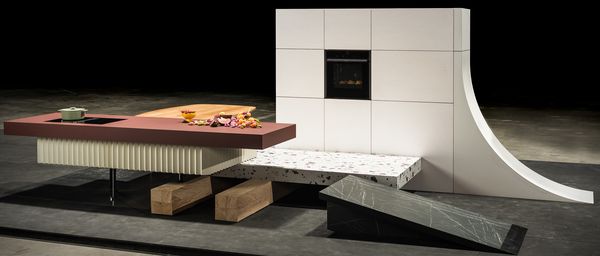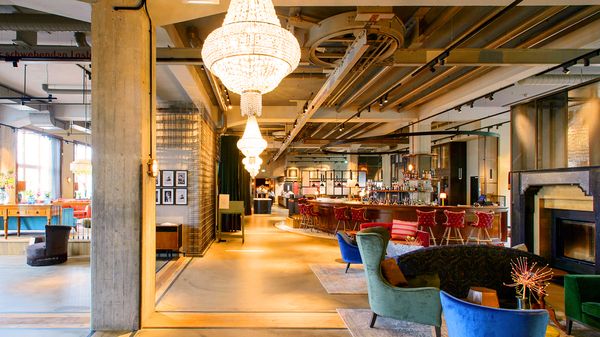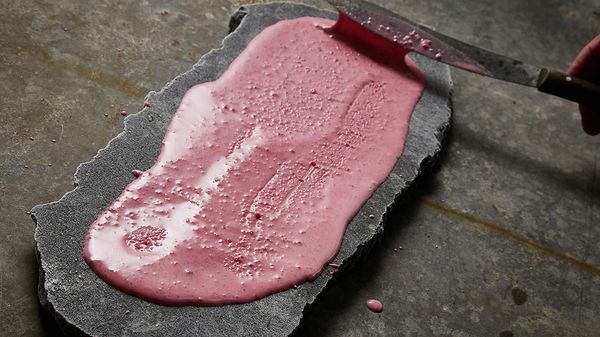Attractive, robust, heat-resistant – kitchen worktops need to meet a number of different requirements. Find out here which materials can be fitted.

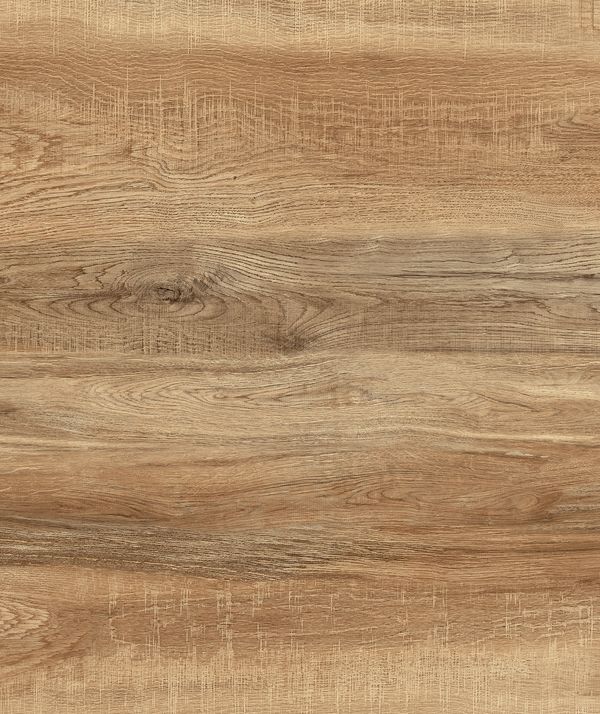
Wood
This material has a unique warm look and lasts a very long time if looked after properly. However, a wooden worktop is unable to withstand contact with hot pans, knife blades, other sharp objects or constant moisture. The one real advantage is that even somewhat worn solid wooden worktops can be rejuvenated after sanding and oiling!
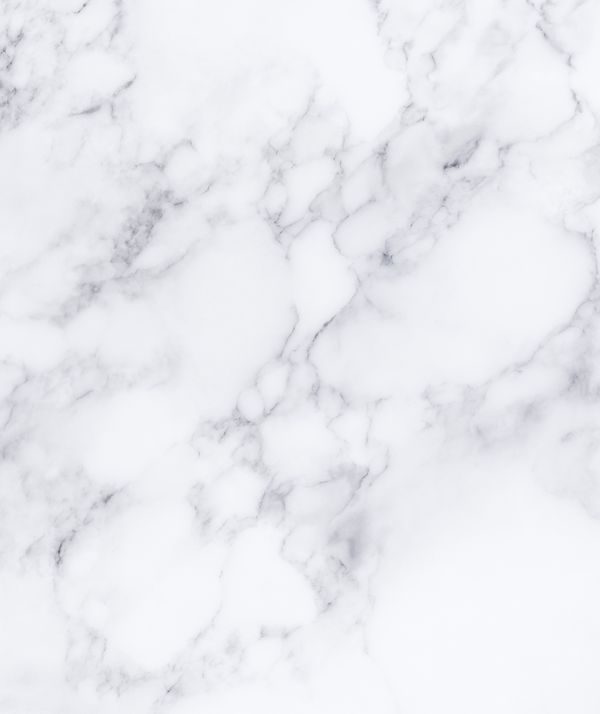
Natural stone
Granite or marble not only looks stylish and unique, but is also very robust. Water, heat and light knocks won’t damage natural stone. A sharp knife blade, however, would leave behind unattractive marks on the polished surface. What’s more, the price per metre is in the three-digit range. Care is also important. Tip: Natural stone is sensitive to acidic detergents, so make sure only natural stone cleaner is used.
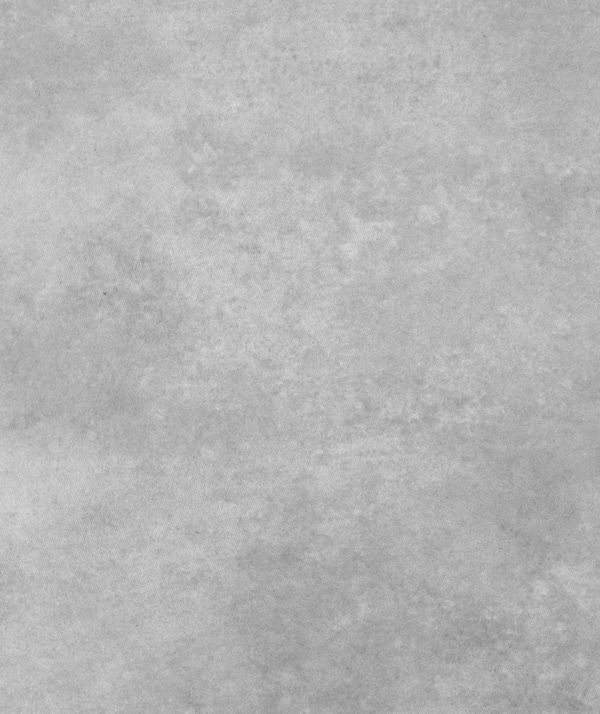
Concrete
Extremely robust, heat-resistant, scratch- and impact-resistant and aesthetically pleasing – concrete kitchen worktops offer a number of advantages. Minor drawback: Acidic food and detergents cause unsightly stains, which is why oil or wax is a must when it comes to care. Important: The considerable weight of the worktop must be taken into consideration to make sure that the substructure can support it.
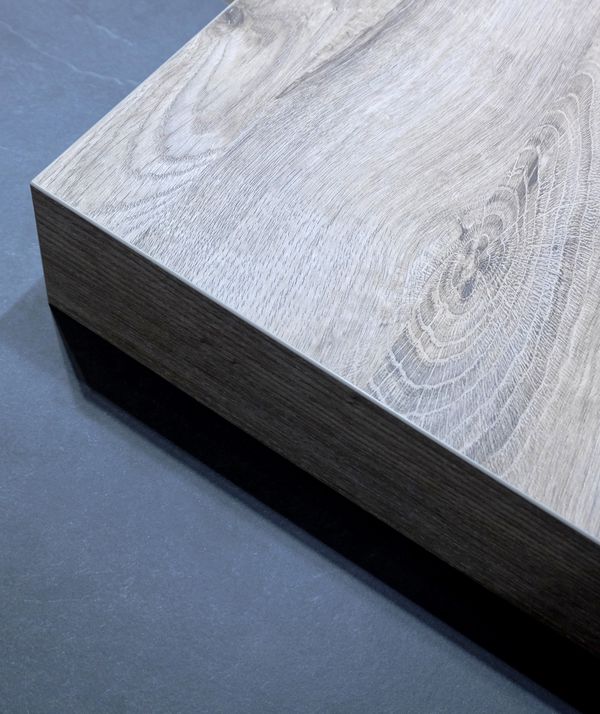
High-pressure laminate (HPL)
Countless paper layers are soaked in a special resin, compressed and sealed with a protective surface for this type of kitchen worktop. HPL comes in a wide range of surfaces, colours and designs. The advantages: This material is relatively inexpensive, easy to clean and not sensitive to water when intact. The disadvantages: Laminate cannot withstand intense heat or sharp knives. If the protective surface develops a crack, water can get into the layers below and cause them to swell.
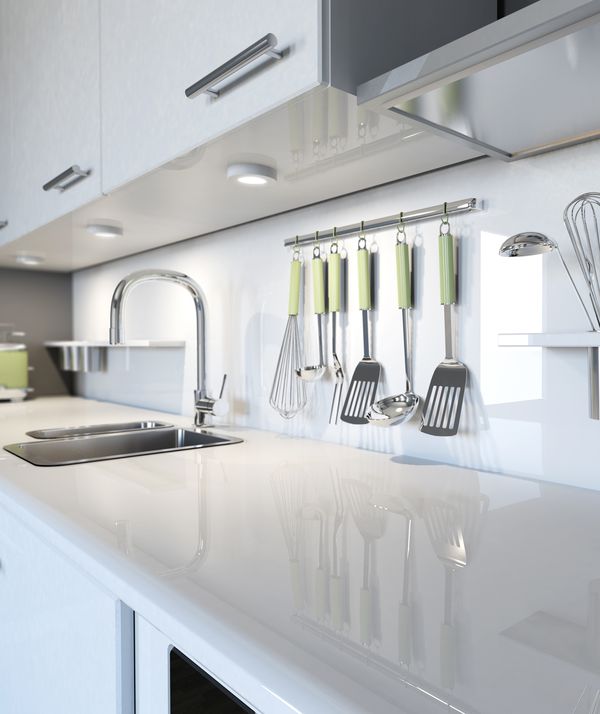
Glass
Smooth, matt-satin or reflective toughened safety glass can also be used for worktops. To a certain extent, it is even impact-resistant and also easy to look after. A minor optical drawback is that fingerprints and grease splatters show up immediately on the smooth surface.
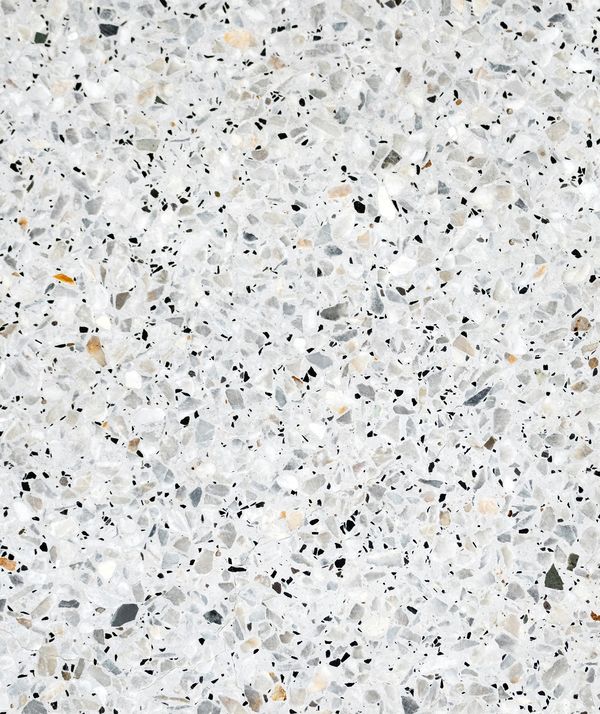
Quartz
This material consists of around 92 per cent quartz granules. It is extremely robust and not sensitive to heat. The material is much more elastic than natural stone and is therefore more shock-resistant. Tip: Do not use any abrasive cleaners, washing-up liquid or other strong degreasing, film-forming detergents. Instead, simply use a microfibre cloth with water or a special detergent.
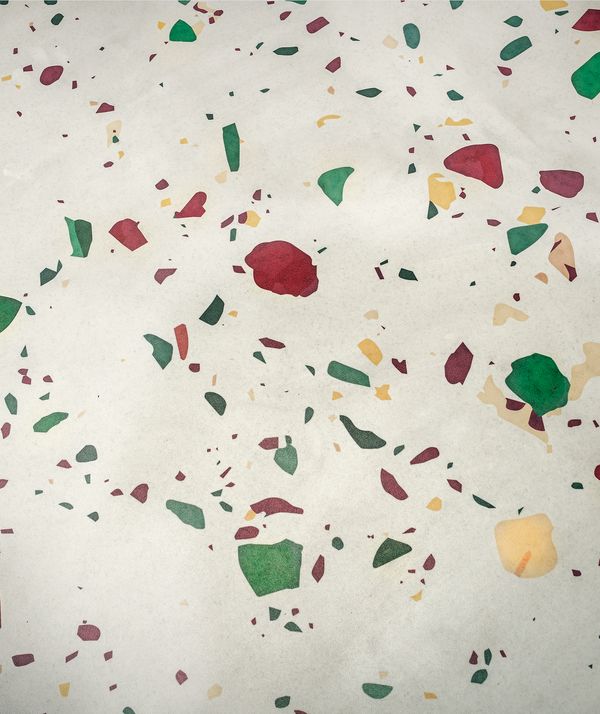
Ceramic
Porcelain stoneware is fired into slabs at high temperatures to create these worktops. The highly non-porous surface is glassy, particularly tough, abrasion-proof, cut-resistant, insensitive to acid and heat-resistant. This very smooth material does not absorb liquid and is very easy to clean. It comes in a wide range of designs. Just like natural stone or terrazzo, ceramic worktops are expensive.
